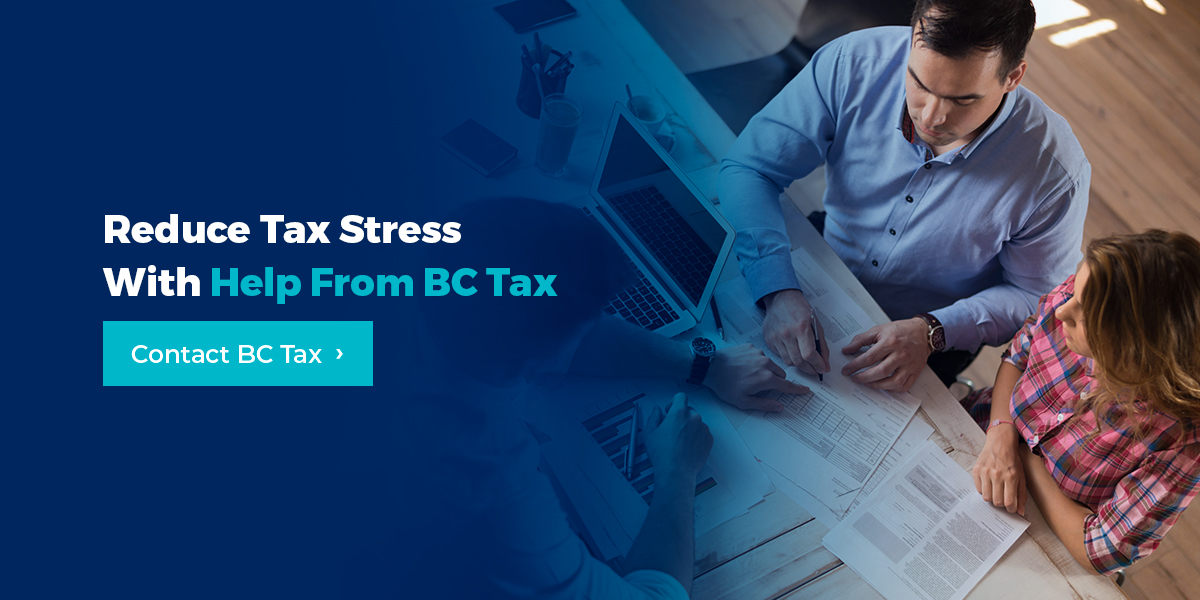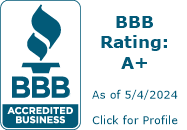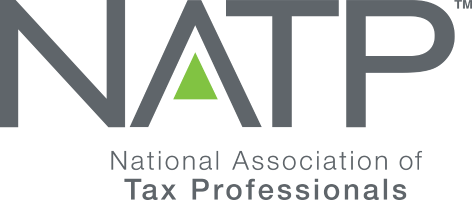
Like many others, you might dread tax season. Completing your taxes can be complex and take hours out of your day, especially when you don’t know where or how to begin. Fortunately, like any larger-than-life task, the more you prepare, the easier it’ll be to overcome.
Looking for a checklist for taxes to make the process smoother? Below, we provide tax checklists to help you work through your taxes without getting overwhelmed. With our list of tips and tricks in mind, you can breeze through tax season — and, hopefully, get your hands on your possible tax return a little faster.
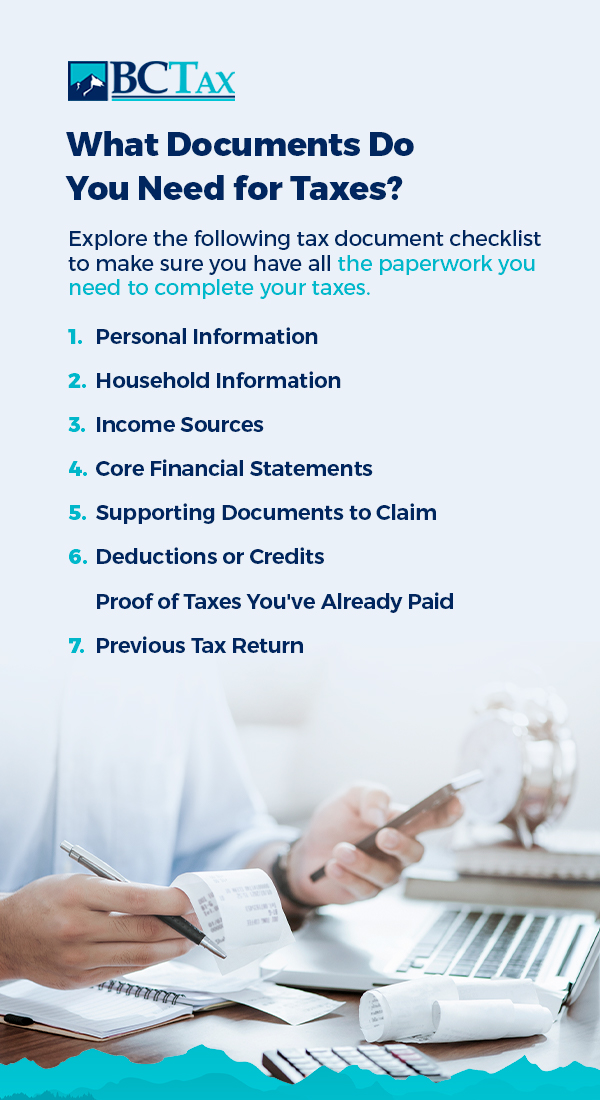
What Documents Do You Need for Taxes?
Before you can file your tax return, you need the necessary documents. These documents are the same for most taxpayers, but you can get in touch with a tax professional to be sure.
Explore the following tax document checklist to make sure you have all the paperwork you need to complete your taxes.
1. Personal Information
Providing your personal information, such as your social security number (SSN), will help the IRS process your return as efficiently as possible. It’ll also help ensure the IRS sends your refund, if applicable, to the right place.
Plan to have the following information ready when it’s time to file:
- SSN
- Individual Taxpayer Identification Number (if you don’t have an SSN)
- Bank account and routing numbers (if you plan to use direct deposit for your refund)
- Employer Identification Number and legal business name, if applicable
- Government-issued identification, such as a driver’s license
2. Household Information
Including information about your spouse and any dependents you may have can impact how much you get on your return. Unless you’re single and have no dependents, be sure to have the following information on hand:
- Spouse’s SSN and government-issued identification
- Dependents’ SSNs
- Birthdates of your spouse and any dependents you’re including
If applicable, you might include Form 8332. This form enables a noncustodial parent to claim the child as a dependent when filing their tax return. Typically, the noncustodial parent will complete the form, and both parents must sign it. The noncustodial parent will then submit it with their tax return.
3. Income Sources
You’ll need to report all of your income, including wages, any interest you made on investments or anything you earned from a side gig. In other words, the IRS requires you to report any income that’s considered taxable. You may also need to provide information about non-taxable income. You can see a list of non-taxable and taxable income on IRS Publication 525.
If you don’t report an income source or misrepresent your income when you file, you’ll still need to pay what you owe, and the IRS may charge interest on that amount and penalties. So, the sooner you pay, the better. At BC Tax, we can help ensure you provide all your income information accurately the first time, so you can have peace of mind and avoid accruing interest and penalties.
The income-related documents you may need to have ready for filing your taxes include:
- W-2s: A Form W-2 shows wages paid to you by your employer and the taxes withheld from these wages. Have your spouse’s W-2 on hand if you’re filing jointly.
- 1099-MISC: If you received income as an independent contractor, were self-employed or did freelance work, you may have received a 1099-MISC, 1099-NEC or 1099-K from the businesses or people you worked for.
- Records of income made: Did you work as an independent contractor or self-employed individual but didn’t receive a 1099? You still need to file your taxes. Gather records of your income so you can enter this information on a Schedule C, which you’ll need to complete when you file your annual taxes.
- 1099-INT or 1099-DIV: If a bank or other financial institution paid you interest, you should receive a 1099-INT, which you’ll need when filing your return. Similarly, if you received dividends, you should get a 1099-DIV to help you report the dividends that were paid to you.
- 1099-B: You’ll need to report any transaction involving selling or exchanging a stock or bond, even if you didn’t gain anything. You’ll likely get a 1099-B from your broker regarding these transactions.
- 1099-R: If you’ve received a distribution from a retirement account, you may have gotten a 1099-R. You’ll use this to report the money you’ve received from your pension or other retirement plan.
- 1099-C: Did you have a debt canceled or forgiven? Your owed amount is taxable, so your lender should’ve sent you a 1099-C. This is taxable income, so you must report forgiven or canceled debt on your return.
- 1099-G: Report any unemployment compensation you may have received. Look out for 1099-G, which the government will send you to report unemployment paid to you.
- SSA-1099: The Social Security Administration will send you a SSA-1099 if you received social security benefits.
- 1099-S: Did you make a profit selling a property? Whoever helped you close the sale should send you a 1099-S, which you’ll use with your return. If you completed the transaction, an accountant can help you correctly report this sale to the IRS.
Other income you’ll need to report includes:
- Alimony paid to you
- Prizes, awards or winnings
- Taxable distributions from a health savings account
The only income you won’t need to report on your tax return is money the IRS considers non-taxable, such as money gifted to you.
4. Core Financial Statements
If you own a business, it’s essential to have your financial reports ready to go for tax time. This may include your balance sheet, cash flow, profits and loss reports and any other records of your company’s financial performance.
You’ll also want to gather your employees’ payroll information, including health insurance data and information about any business loans you’ve taken out. This data will help you and your accountant make an accurate return.
5. Supporting Documents to Claim Deductions or Credits
Deductions and credits can help put more money back in your pocket after you’ve filed your return. Deductions include items you can subtract from your income before you complete your return, lowering the amount of taxes you’d pay. Some deductions you might claim include:
- Work-related expenses: If you own a business, there are a lot of items you may be able to claim as a deduction, such as office supplies and work-related vehicle use. The IRS put together a guide to help businesses determine deductibles they can claim.
- Child care costs: To deduct child care costs, gather information about your child care provider, such as their name, address, how much you’ve paid them and tax ID number.
- Educational expenses: You might get a deduction if you’ve paid interest on student loans and have gotten a 1098-E or a Form 1098-T for paying tuition.
- Donations made to charity: Gather receipts of money or items you’ve contributed to charity, along with the name of the organization you gave to and how much you gave to deduct these costs from your return.
Credits can also decrease how much you owe or add to your final return amount. You might be able to claim credits like:
- Child Tax Credit
- Earned Income Tax Credit
- Premium Tax Credit
You’ll need documentation to support the deductions or credits you can claim, such as receipts, credit card statements or invoices. The IRS provides more lists of items you may be able to deduct or credits you may be eligible for, so it’s worth doing a little research before you file.
6. Proof of Taxes You’ve Already Paid
You’ve likely paid some taxes before filing your return, such as sales tax on items you’ve purchased or a local property tax if you own your home. According to the IRS, certain nonbusiness taxes are deductible — you’ll just need supporting documents, like relevant receipts, bank statements or bills, to make these claims when you file.
You’ll also need to itemize these deductions, meaning you can subtract these taxes from your adjustable gross income. This lowers the amount of your taxable income, so you’ll owe less in taxes. Deductible taxes include:
- State and local nonbusiness property and real estate taxes
- Foreign, local and state income tax
- Local and state sales tax on general goods and services
If you’re self-employed, you should’ve made estimated tax payments every quarter. Make sure you have the documentation to prove this when you file your annual return to avoid penalties for not making quarterly payments.
7. Previous Tax Return
Your prior-year tax return can help you file your next return more efficiently, as some of that information might carry over. It can also help your accountant get an overview of your finances, whether a company employs you or you own a business. This can help them consider deductions you should or shouldn’t be making and ensure you get the most out of your return.
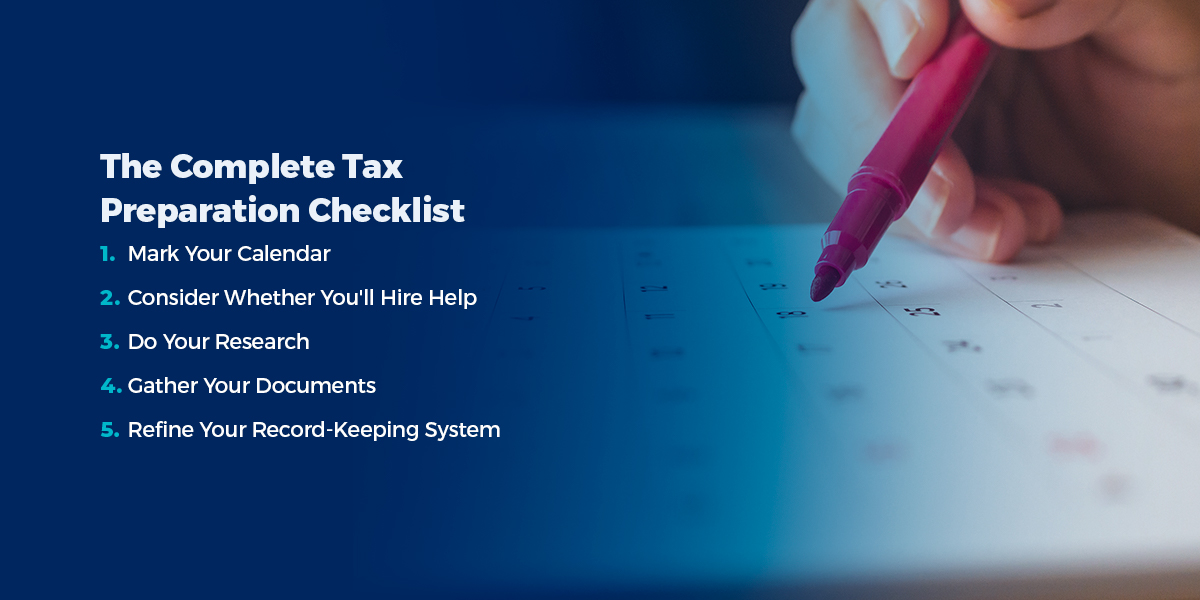
The Complete Tax Preparation Checklist
Gathering the necessary documents is only part of the process — there are a few more things you can do to prepare, such as:
1. Mark Your Calendar
First things first — know how much time you have to file your return so you can give yourself enough room to prepare and gather all the information you need.
Although tax season generally starts in January and ends in April, tax filing deadlines can vary yearly. Depending on your needs, you may have to pay attention to deadlines throughout the year. For example, if you work for a company and usually get a W-2, you might only need to think about filing taxes in April, the month annual tax returns are usually due.
If you’re a business owner, you’ll have to meet yearly deadlines. For instance, you might need to meet a deadline in January to file W-2s with the Social Security Administration. As a business owner, you may also be required to file estimated quarterly taxes, so it’s important to know those deadlines, too. The IRS website can help you keep track of important deadlines for paying estimated taxes.
Familiarizing yourself with the deadlines and marking your calendar can help you stay on track. If you feel overwhelmed by the paperwork you’ll need to provide for your return, consider breaking that down into manageable steps. For example, you might give yourself a personal deadline to gather your and your spouse’s income information.
Lastly, note when your local and state taxes are due. These tax deadlines often align with federal taxes, so expect an April deadline. Your county government’s website and state revenue department’s website should provide guidance.
2. Consider Whether You’ll Hire Help
Filing taxes can feel tricky regardless of your financial picture. Generally, the more you have to track and report, the bigger the task.
If you find filing your taxes too complicated or wish to understand the process better, consider working with a tax professional. A professional, such as one of our tax experts, can ensure you maximize your return by focusing on your unique tax situation and circumstances. You’ll also enjoy peace of mind knowing you’ve had an expert help you file an accurate return.
3. Do Your Research
As mentioned earlier, you might be able to claim deductions and credits on your return, which could save you money. If you’re looking to get the most out of your return, set aside some time to review the various deductions and credits you may be eligible for and determine whether you have or can acquire the supporting documentation.
4. Gather Your Documents
Perhaps the most important step in preparing for taxes is gathering all your financial documents and anything that could support you when claiming deductions or credits. This might include forms you’ve received electronically or in the mail. It could also include receipts, invoices, bank statements or any financial reports you have stored online.
It might help to list your income sources or financial activity to ensure you don’t forget anything. Having all the supporting documents will help you make an accurate return, whether you choose to file independently or with a professional’s help.
5. Refine Your Record-Keeping System
How do you currently store records? Does your current system need an upgrade to prevent future headaches? Having a streamlined way to store and access all income sources, assets, expenses and other important records can help with filing returns in the future.
Consider how you’ll organize important documents and where you’ll securely store them so you have everything ready to go next year. If you own a business, this may mean upgrading your current record-keeping software. Creating a color-coded filing system can help you stay organized if you prefer using paper documents. Either way, it’s most important to choose a system that works best for you.
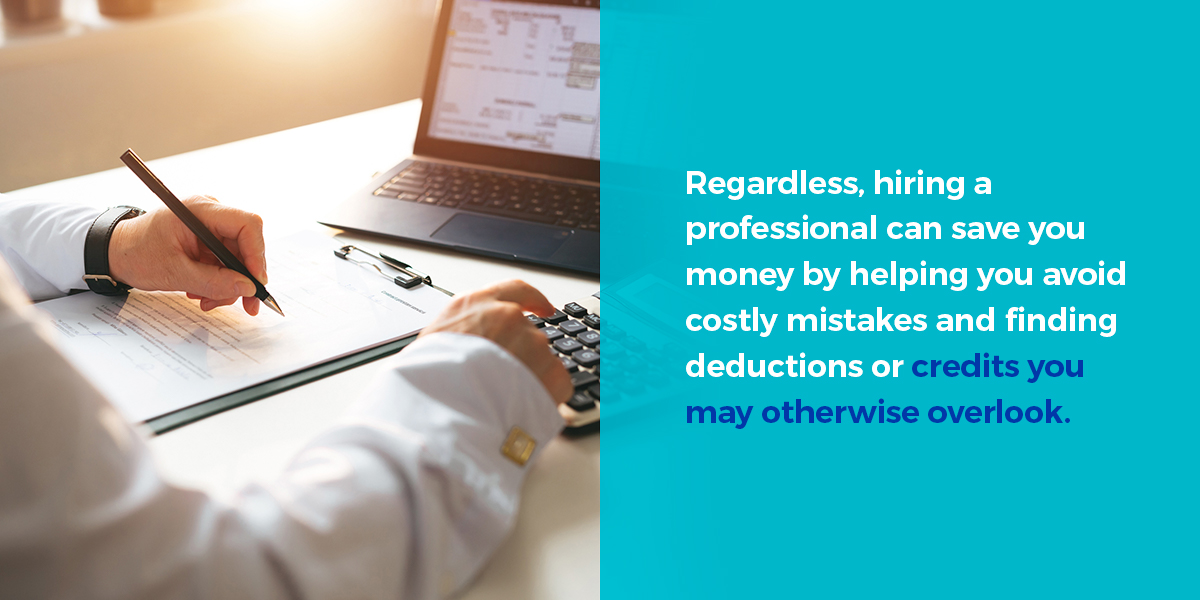
How Much Does Tax Prep Cost?
According to a National Society of Accountants survey, the average hourly fee for tax returns is around $180. The cost to hire a tax preparer can vary because it depends on many factors, such as your return’s complexity and your location.
For example, if you’re filing as a single person who works for a company and has no dependents, your return will likely be much less complex to prepare than someone who owns several rental properties or trades stocks for a living.
Regardless, hiring a professional can save you money by helping you avoid costly mistakes and finding deductions or credits you may otherwise overlook. A tax preparer can also save you valuable time and stress, allowing you get through tax season without any headaches.
Reduce Tax Stress With Help From BC Tax
Preparing for taxes can be much smoother if you keep complete and organized records and give yourself enough time to prepare. Still, taxes involve complex codes and laws that can seem daunting and challenging to navigate. A tax expert can take that weight off your shoulders and do the hard work for you.
At BC Tax, we’re ready to help you prepare to file your tax return, no matter how complex your finances or where you live. For years, we’ve successfully helped individuals and businesses across the country with tax returns, back taxes and several other tax-related processes. No matter your tax needs or questions, our highly experienced and dedicated team of tax professionals can likely help. To schedule a complimentary consultation with one of our tax experts, contact us today.

 1-800-548-4639
1-800-548-4639